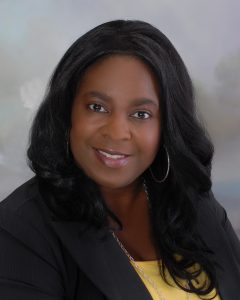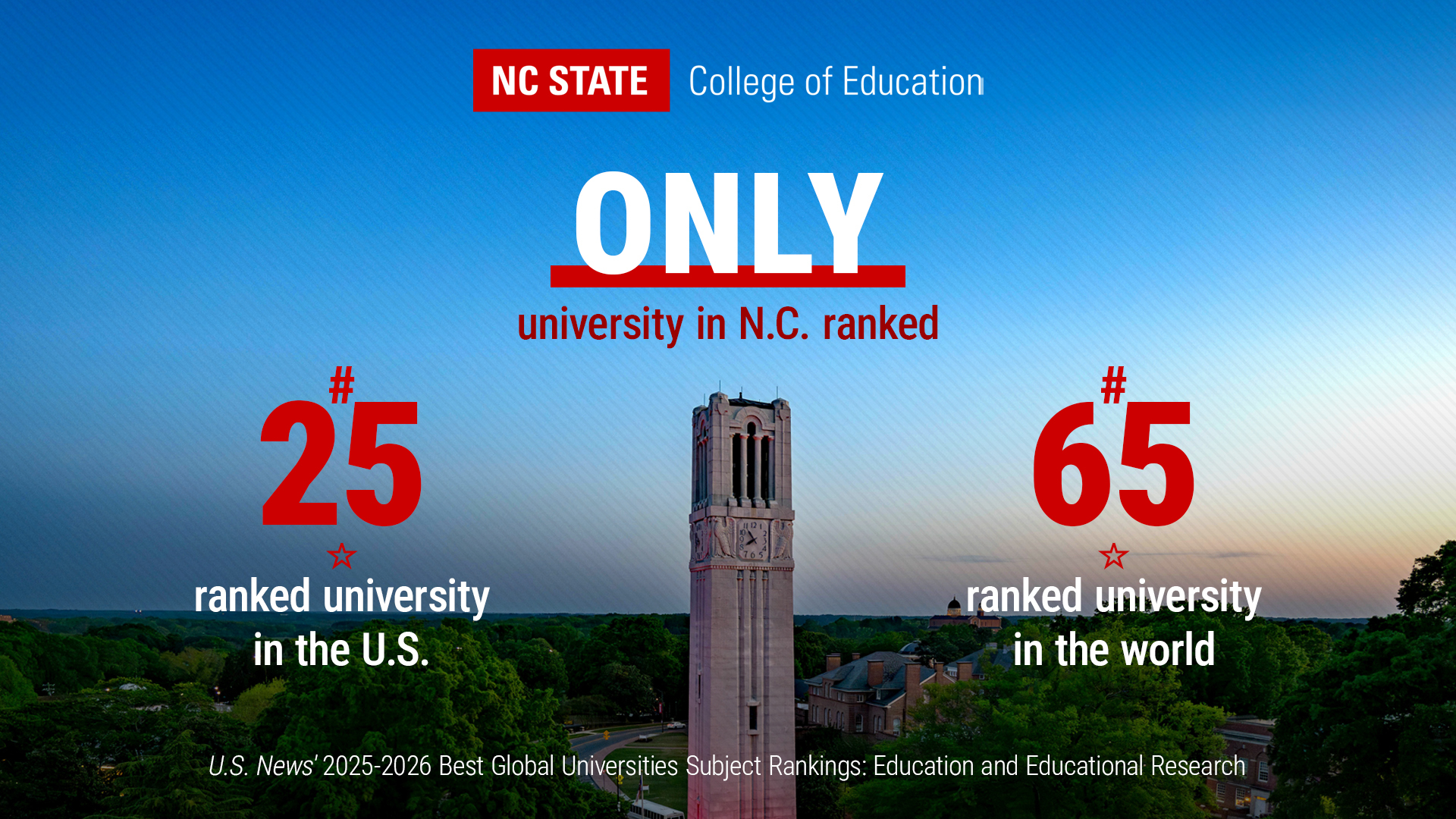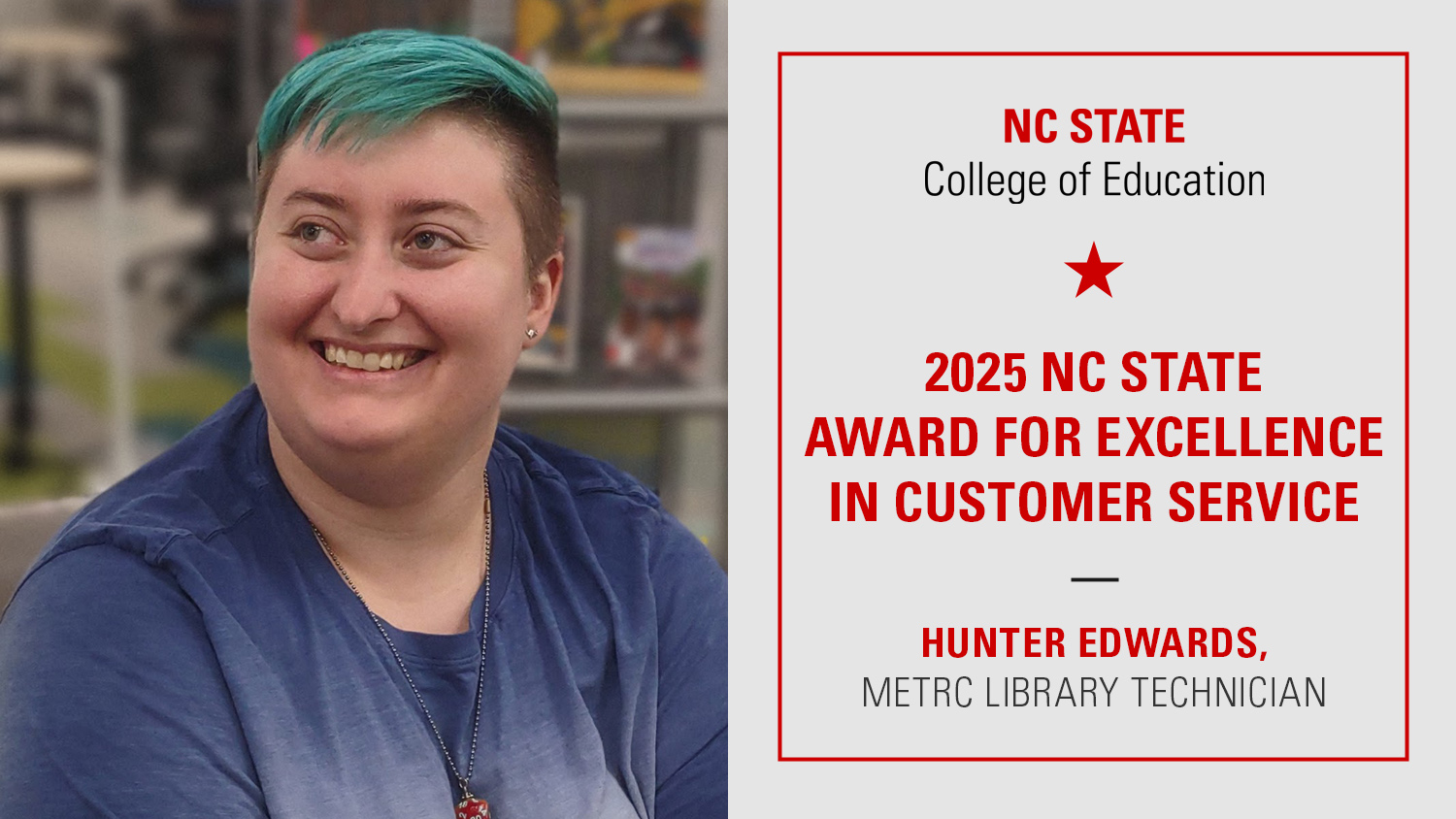Iris Wagstaff ’14 PHD Makes STEM Education Accessible for Underrepresented Groups
 Iris Wagstaff ’14 PHD is a scientist with the ability to make STEM education relatable and approachable for minority groups in education, the workforce and everyday life.
Iris Wagstaff ’14 PHD is a scientist with the ability to make STEM education relatable and approachable for minority groups in education, the workforce and everyday life.
As the STEM Program Director in the Education and Human Resources Department of the American Association for the Advancement of Science (AAAS), Wagstaff manages STEM education initiatives that focus on scientific literacy, broadening participation in STEM and workforce development.
These initiatives include both the Emerging Researchers National Conference in STEM, a National Science Foundation-funded conference that brings together college students to present their research and participate in professional development, and the L’Oreal USA For Women in Science Fellowship program which supports female postdoctoral scientists in advancing their research careers.
“It is very important to me encourage young people, particularly students who are underrepresented in STEM,” she said.
“Young people need to know that science is all around them and explains how the world works. They also need to know all of the many different career options in STEM and be able to connect the science they learn in the classroom to their everyday lives. Also, STEM fields offer a chance at economic parity for many students who are low-income like I was growing up.”
Wagstaff spent her childhood in Goldsboro, N.C., exploring how things worked. This curiosity prompted her to take an active role in her studies and extracurricular activities in school, but she credits her advanced placement Chemistry teacher with sparking her love for science her junior year of high school.
Last October, she received the Women of Color in STEM K-12 Promotion of Education Award. The year before, she received a nomination for the NSF presidential award for Excellence in Science, Mathematics, and Engineering Mentoring.
We talked to Wagstaff about her passion for STEM Education and how NC State College of Education helped her make the transition from the chemistry lab to the classroom.
Why did you pursue a Ph.D. in STEM Education, and why from the NC State College of Education?
I obtained a Ph.D. in STEM Education to compliment my chemistry background and 15 years of experience as a research chemist at Dow Chemical. I left the chemical industry in Pennsylvania to care for my mom in North Carolina who was ill. She later passed away, and I decided to pursue my passion for STEM education and outreach formally by going back to graduate school. NC State was the only school that had a Ph.D. in STEM education in the state and I did not want another master’s degree.
How did your time at the NC State College of Education help you?
My time at NC State gave me the language and taxonomy to label what I had already been doing in the community for 20 years developing informal science programs. For example, I had already been integrated the 4 components of the acronym before “STEM” was a buzzword. Also, I had been employing inquiry-based and constructivist methods, as well as, project-based learning strategies via my industry background without knowing the formal education terms. My program provided the training to be well-versed in the STEM education literature, well-grounded in the issues of broadening participation in STEM and the need to better prepare teachers, and to be able to design and conduct STEM education research and evaluation.
Who were your mentors? And what did you learn from them?
At NC State, Tuere Bowles and Glenda Carter were amazing mentors. I have a solid foundation and great appreciation of qualitative research due to Tuere, as well as, the importance of psychological well-being and having a village during the dissertation process. Glenda provided a solid foundation in science education methods and was a great support in navigating the dissertation process. I would like to acknowledge my dissertation chair Tamera Young, and my committee members: James Minogue, Kevin Brady, and Tuere Bowles.
An amazing mentor during my graduate research in analytical chemistry and first job at the Rohm and Haas Chemical Co in Pennsylvania (now Dow Chemical) was Mr. Lee Collier. He supported me in developing the skills I needed to land and have a very successful 15-year career in industry, as well as, provided encouragement and emotional support.
What do you hope those you’ve mentored learn from you?
I have mentored many students at the K-12, undergraduate, and graduate levels, in addition to new professionals in chemistry and chemical engineering, and STEM education. I hope that they learned perseverance, communication skills, that they have support, how to chart their own educational and career path, how to be successful in the industry and science policy, and how to advocate for yourself.
Throughout your career, what have been a few of the moments and achievements you’re most proud of?
Some of the moments that I am most proud of are that I obtained my Ph.D. from NC State in four years without having a prior degree or background in education with a 4.0 GPA. I am happy that I made my mom and my hometown of Goldsboro, N.C. proud. I am proud of all my mentees and it is a joy to see their growth and accomplishments over the years. Awards that I am most proud of are the 2017 Women of Color in STEM Promotion of K-12 Education Award and a 2016 nomination for the National Science Foundation (NSF) Presidential Award for Excellence in Science, Mathematics, and Engineering Mentoring (PAESMEM).
What’s next for you?
I plan to continue in my role at AAAS leading science policy and STEM education initiatives at the national level focused on science literacy, broadening participation in STEM, and workforce development. I also plan to continue my STEM outreach efforts in North Carolina, the DMV [Washington, D.C. area], and the Bay area California. Finally, I plan on starting an LLC to house some of my consulting, STEM outreach, and evaluation services.
- Categories:


